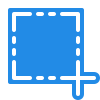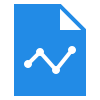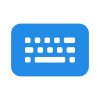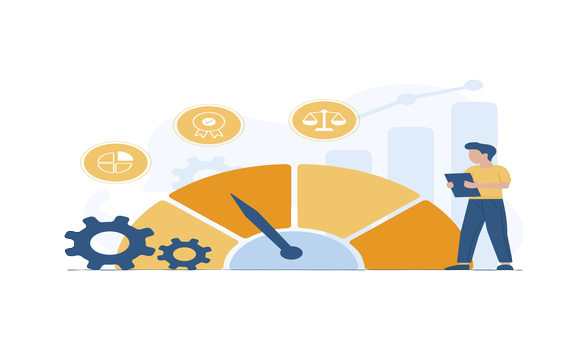The software typically includes features as below

Screen Streaming Visibility
The software allow managers to see employee live screen with real-time visibility into employees' activities, enabling them to identify bottlenecks, address inefficiencies, and optimize resource allocation.
Time Tracking
This feature allows employees to log their working hours and track time spent on specific tasks.It provides accurate data on how time is allocated, enabling managers to find time-wasting activities and optimize work time.

Record PC Screen snaps
The software includes features like Screen shot recording, Monitoring apps and websites , which promoting employee engagement and fostering a positive work culture.

Performance Analytics by Activity Report
Employee Productivity Measuring Software collects and analyzes data related to employee performance. It generates comprehensive reports and visualizations, highlighting key performance indicators, and active idle time total working hours.
This data-driven approach allows managers to make informed decisions, identify strengths and weaknesses, and devise strategies for improvement.

Data Security and Privacy
Since the software deals with sensitive employee data, it prioritizes data security and privacy. Robust security measures, such as encryption, access controls, and regular data backups, are implemented to protect confidential information. Compliance with data protection regulations, such as GDPR or CCPA, is also ensured.
Tracking apps and websites
To promote a positive work environment, software platforms include this features. These may include employee recognition tools, applications and websites used by employee, and provide productive- nonproductive exploration data . Such tools enhance responsibility, boost morale, and foster a sense of belonging within the organization.

Screen Recording and Tracking
This feature enables managers to record screen video of employees or teams. Employees can track their progress towards task within the software, fostering a sense of accountability and motivation.

Event Counting
when every time key presses by employee are counted which is used to see employee activity efficiency, mouse click also count as event happen on computer. If employee away from computer and not pressed any key or clicked on mouse it considered as idle time of an employee and shows that employee idle on work board.

Team Shift Settings
This feature allow set Shift timing to the record of the data within the shift time window, software tracks all activity of employees only within shift time. If your staffs have different shift timing at every week you can set their working shift and week-offs.

Performance Evaluation
Accurate and objective performance evaluation becomes possible with the software's data-driven analytics, eliminates biases and enabling fair assessments and decision.

Data-Driven Decision Making
By leveraging the insights provided by the software, businesses can make data-driven decisions to streamline processes, allocate resources effectively, and identify areas for improvement.
Benefits of Employee Productivity Measuring Software

Enhanced Performance Evaluation
Employee Productivity Measuring Software enables objective and data-driven performance evaluations. By tracking key metrics and providing detailed analytics, it eliminates biases and provides an accurate assessment of employee productivity.
This enables organizations to identify top performers, address underperformance, and offer targeted support and training.

